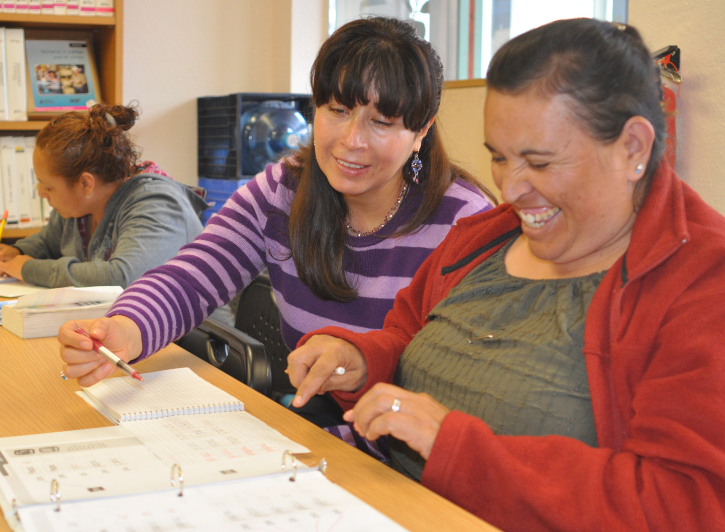There’s a common misconception that undocumented immigrants don’t pay taxes.
Ray Cancino, CEO of Community Bridges, says that stereotype is simply false.
“They pay taxes every single day,” says Cancino. “You can’t negotiate down any grocery bill or any sales tax of a gas station. Millions of dollars are being taxed to the undocumented that are never returned in terms of public benefit.”
For undocumented immigrants, Cancino says the fear of the government knowing their status is a significant enough deterrent to pursue any kind of tax reimbursement efforts. But the consequence of that fear means that there are billions of federal and state dollars left on the table, money that could fuel the local economy and make a big difference for those undocumented families, many of whom are living in poverty.
With the help of the Santa Cruz County ITIN and Child Tax Credit Project, Community Bridges is working to get money back into the hands of locals, by assisting eligible families and individuals in filing for their Individual Taxpayer Identification Number (ITIN).
An ITIN allows undocumented immigrants to file for taxes, and makes them eligible for dozens of programs, like Child Tax Credit (CTC) and Earned Income Tax Credits (ETIC). Overall, Community Bridges has helped nearly 100 community members access almost half a million dollars in tax benefits over the past year: from tax reimbursements alone, filers have accessed approximately $122,000 in IRS refunds, and saved a total of $4,160 in document preparation fees.
In the current economic context, Cancino says this reimbursement money can mean the difference between buying essential goods, like diapers or groceries, or making hard decisions about what to sacrifice in order to pay rent. He points to some of Community Bridges services, like its food pantry and Family Resource Center, which have experienced a 135% increase in demand for services, as an indication of how much people need extra support in recent years.
The federal government reducing its Child Tax Credit program will be just another financial strain for low-income families, Cancino says. Throughout 2021, the program lifted 2.1 million children out of poverty, according to the Census Bureau. Now, the program will exclude some of the lowest earning families, which means that finding creative solutions to supplement income will be critical, he says.
“The reality is that money is an incredible way of stabilizing a family home from a lot of the negative impacts of our society that we see, from domestic violence to crime to substance use to homelessness,” says Cancino.













